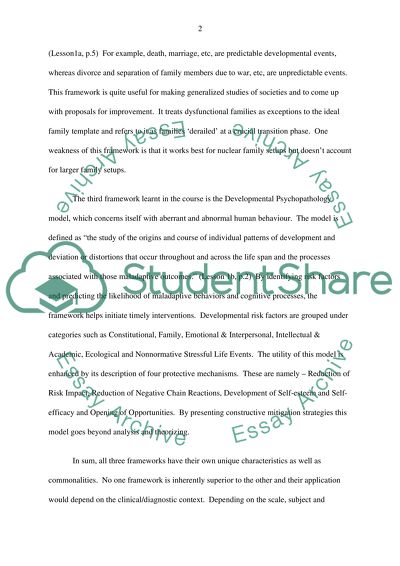Psychology-Developmental Psychopathology in Psychological Theorizing Essay. Retrieved from https://studentshare.org/psychology/1580012-psychology-developmental-psychopathology-in-psychological-theorizing
Psychology-Developmental Psychopathology in Psychological Theorizing Essay. https://studentshare.org/psychology/1580012-psychology-developmental-psychopathology-in-psychological-theorizing.


